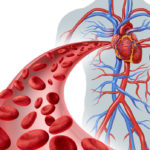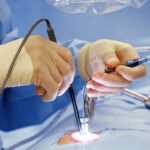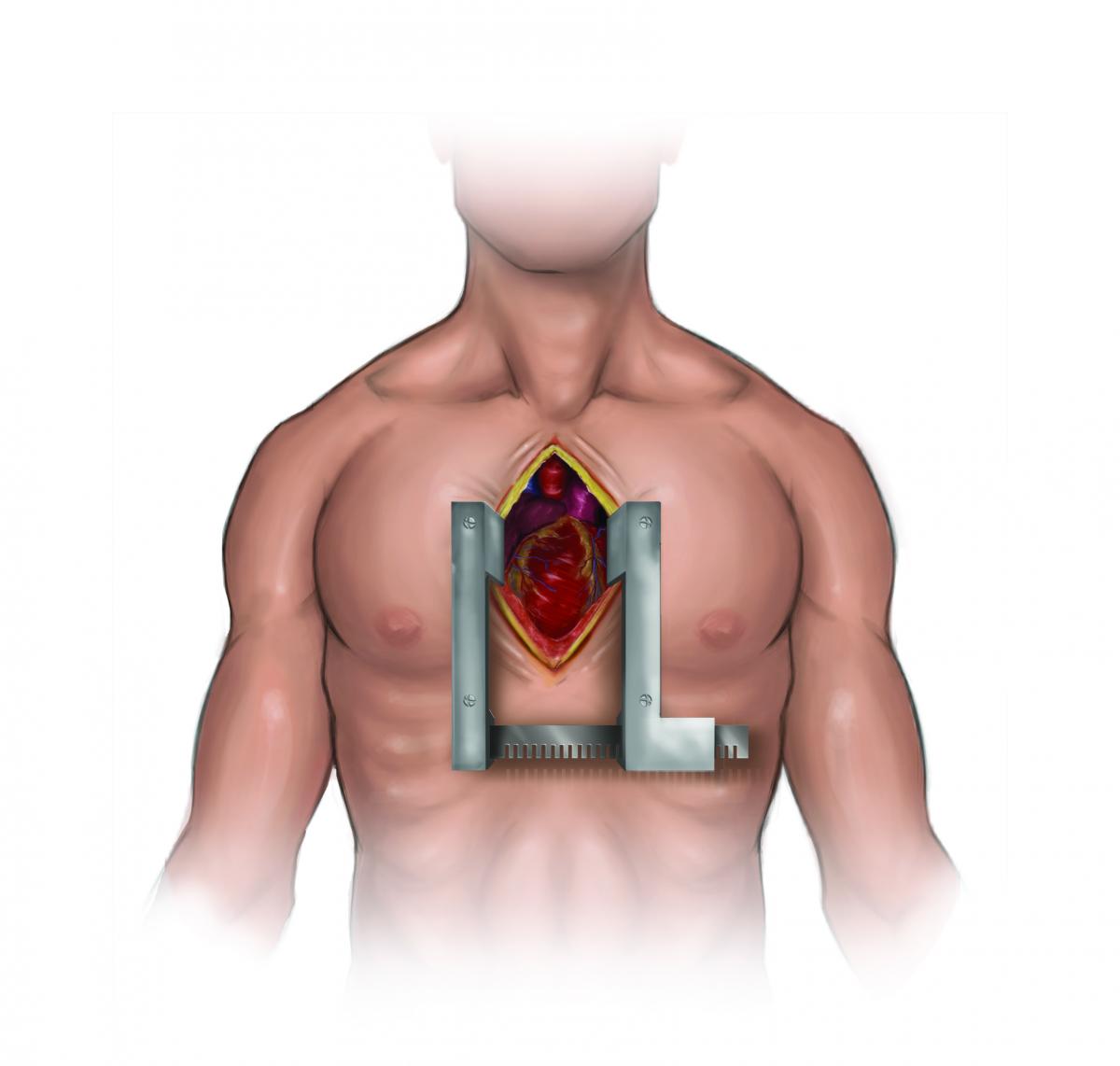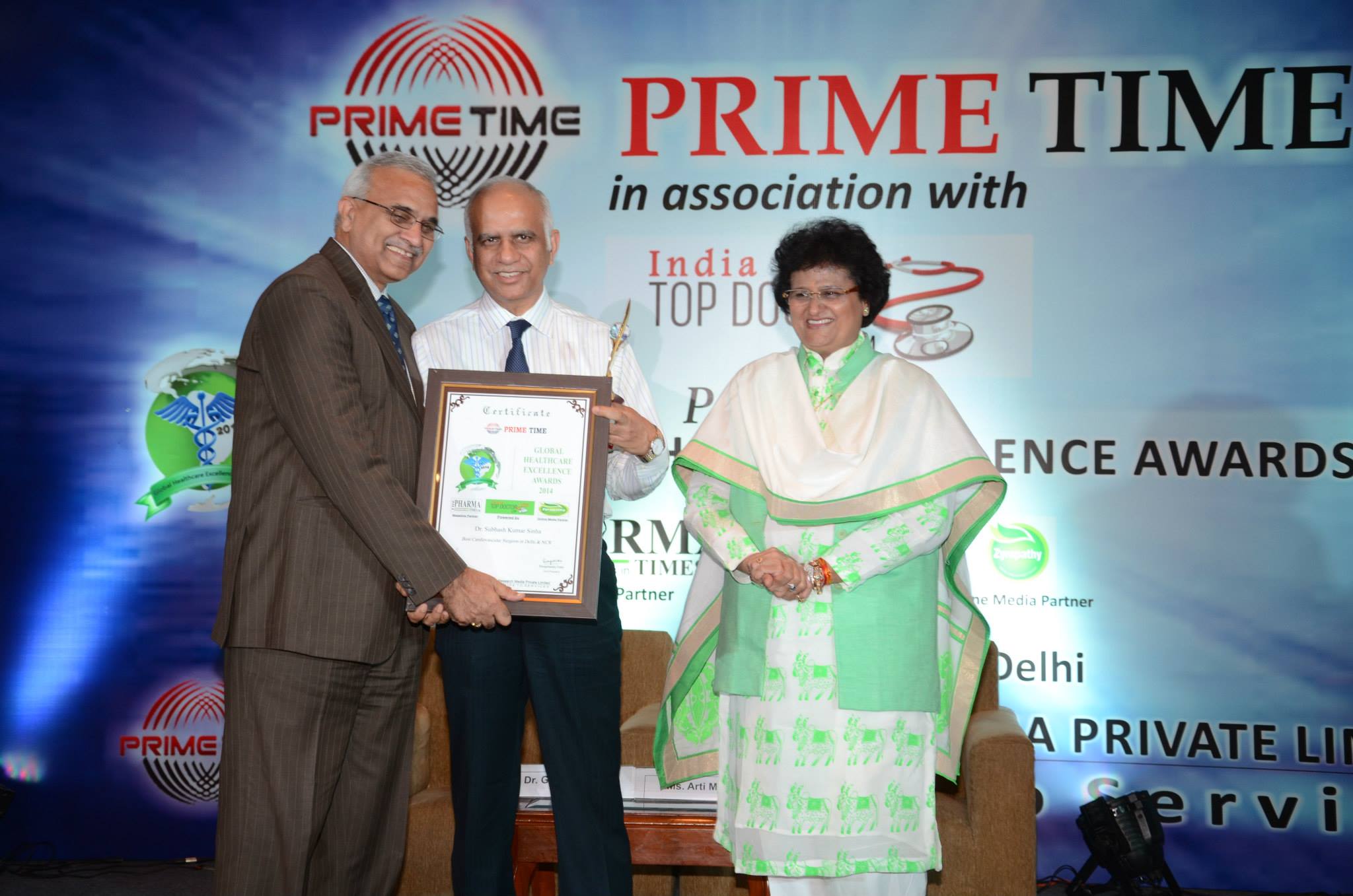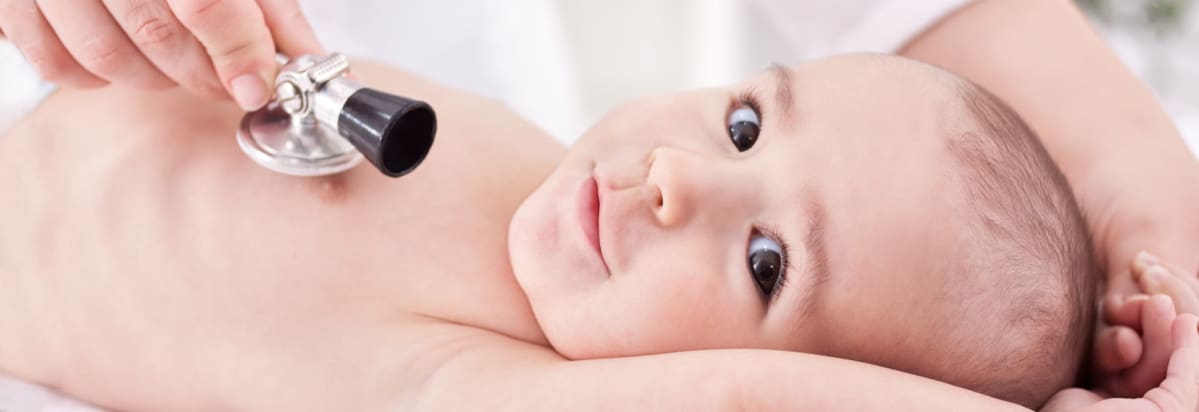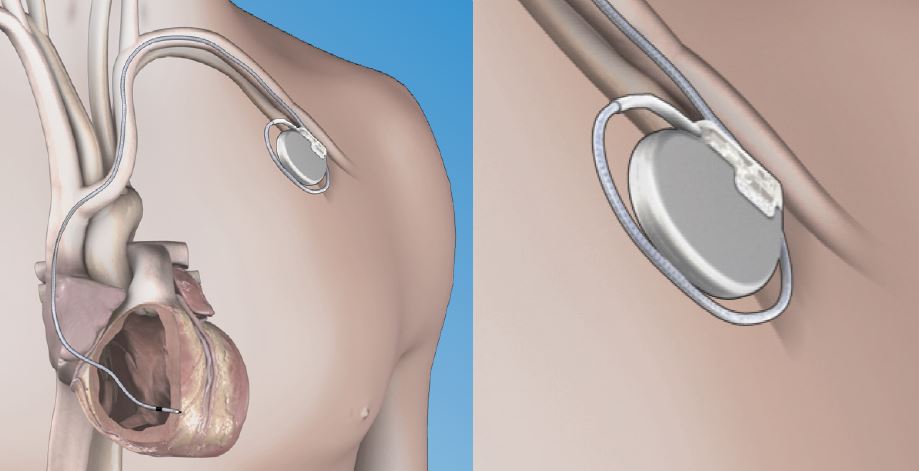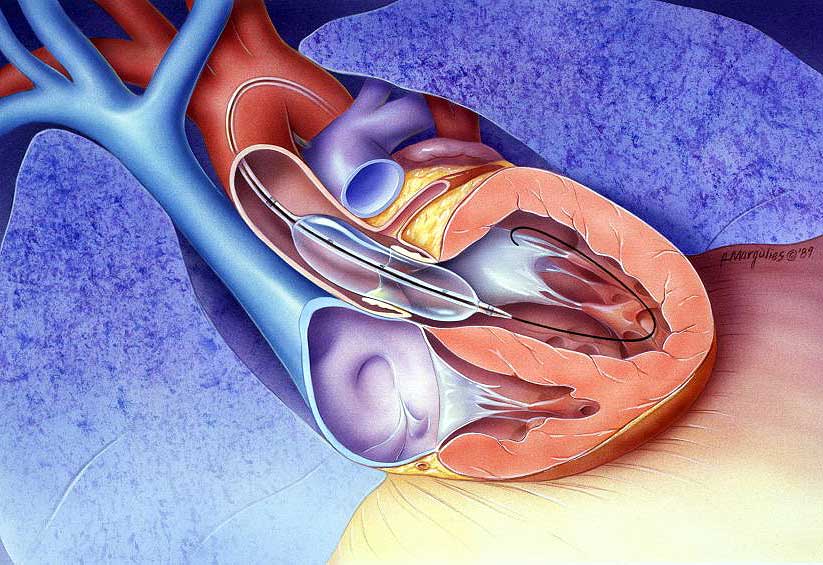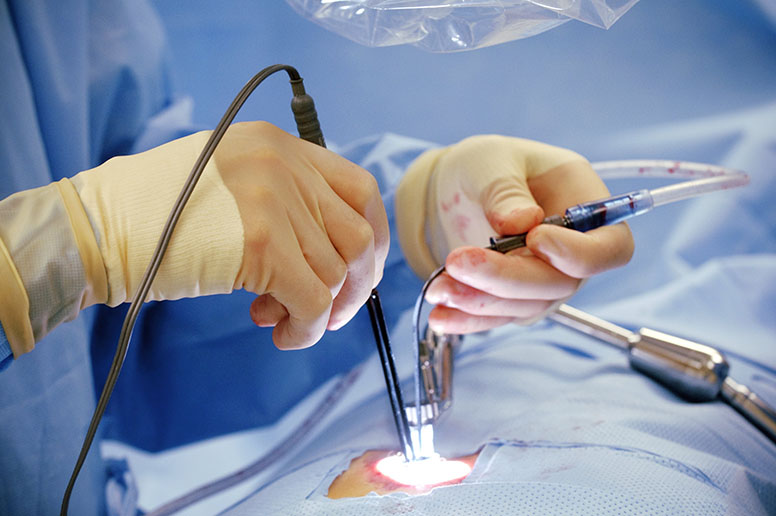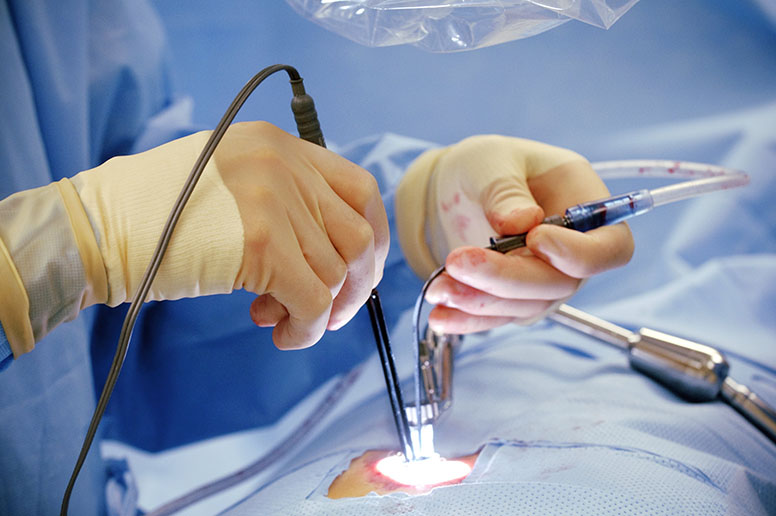Free Consultancy Services in Juba, South Sudan
Dr S K Sinha, Director at Max Smart Super Specialty Hospital, rendered Free Consultancy Services in Juba, South Sudan [gallery columns="2" ids="544,545"]
Rare & Complex Heart Surgery Performed at HMRI, Patna
Paras HMRI Patna performs a rare heart surgery never before tried in this region A 37 year old male patient was rushed in to Paras HMRI hospital emergency center from Muzzfarpur. The patient was brought in with severe chest pain associated with breathlessness. The attendants suspected the patient of having heart attack & thought of bringing him to the Paras hospital to avail the best of care available in region. At the emergency the patient was diagnosed with suffering from a severe aortic dissection & internal bleeding. The patient was immediately suggested & prepared for a lifesaving surgery & was admitted
Prime Time Global Healthcare Award 2014
Dr S K Sinha received Prime Time Global Healthcare Award for Best Cardiovascular Surgeon in Delhi NCR 2014
Paediatric Cardiac Surgery in Delhi India
Paediatric Cardiac Surgery is a heart surgery done for the children to fix the heart defects. Children, who are born with the heart diseases and congenital heart defects, need this surgery. The heart defects are numerous, ranging with less complexity to more complexity. These defects can happen either inside the heart or blood vessels outside the heart. Depending on the severity of the heart defect or disease, one or a series of procedures is required. Symptoms Some of the following symptoms may indicate the need of the surgery. The lips, skin and nail beds get gray or blue. It shows hypoxia or no
Pacemaker Implantation – Enabling Heart Patient with Suitable Heart Rate Pacemaker Implantation – Enabling Heart Patient with Suitable Heart Rate
The pacemaker is an electronic device that is designed to send small electrical impulses to the muscles of the heart. The purpose of this device is to maintain heart rate suitable, generally by simulating the lower chambers present in the heart. Pacemaker implantation is enabling the heart of a person with suitable heart rate by attaching this device to the body. Who needs it? Patients who suffer from slow heart rhythms, brady-arrhythmias, hypertrophic cardiomyopathy, syncope or unexplained fainting spells and heart failures need the pacemaker to be implanted. Procedure Pacemaker implantation is done quickly in less time. It does not demand open-heart surgery. Local
Heart valve dysfunction such as valvular insufficiency or valvular stenosis finds this surgery to be potential treatment
Heart Valve Replacement Surgery is considered to be a optional treatment for the valvular heart diseases. Heart valve dysfunction such as valvular insufficiency or valvular stenosis finds this surgery to be potential treatment. Heart Valve Replacement Surgery involves the replacement of one or more valves of the heart. The replacement is done with either bioprostheis or artificial heart valve. This method is considered as an alternative to the method of valve repair. The Heart Valve Replacement Surgery is conducted in four procedures for the four kinds of valves in the heart. Aortic valve replacement Tricuspid valve replacement Mitral valve replacement Pulmonary valve
Minimal Invasive Heart Bypass Surgery in Delhi
Heart Bypass Surgery in Delhi Advancement in the recent medical technology & equipment and the corresponding surgical techniques have made the complex coronary artery bypass surgery to be less complex and less traumatic. Eventually, the heart bypass surgery is made possible with minimally invasive procedures. So, this surgery is also termed as MICS or Minimally Invasive Cardiac Surgery. Why and When it is needed? Heart bypass surgery is usually recommended when there are multiple blockage of coronary arteries. However, before choosing this final alternative, the patient would have gone through the medication, cardiac rehabilitation or angioplasty with stenting. Procedure During a heart bypass surgery, a
Organized CME on ECMO (Extracorporeal Membrane Oxygenation)
Department of Cardiac Sciences, Max Superspeciality, Hospital, Saket, organized a CME on ”ECMO” dated 31st Aug, 2013 (9.00 am-5.00 pm). Please find the attachment of the invite. Venue: Auditorium, West block, MSSH, Saket, New Delhi.
What Should Patients Know About Mitral Valve Repair Rings?
When a mitral valve is severely diseased it can lead to many complications like heart failure and associated symptoms such as shortness of breath and heart enlargement. The most common diseases are a leaky mitral valve also known as mitral regurgitation and tight mitral valve commonly known as mitral stenosis. Mitral valve surgery is a process that is performed either to repair or replace the mitral valve present in the heart. In normal heart the blood flows from lungs and enters a pumping chamber of heart called the left atrium. After which the blood finally enters the left ventricle which is also
Recovery After Minimal Invasive Heart Surgery
After the minimally invasive heart surgery you will be moved to the recovery area or the ICU (intensive care unit), where all your vitals will be closely watched. From ICU you are most likely shift to regular room or to special care unit. The hospital stay after minimally invasive heart surgery varies from person to person, but often 5 to 7 days are there in the hospital. After the surgery When you first walk up you might feel unsteady, thirsty or cold. If the breathing tube is still in place you won’t be able to talk. You will find flexible tubes in your chest
